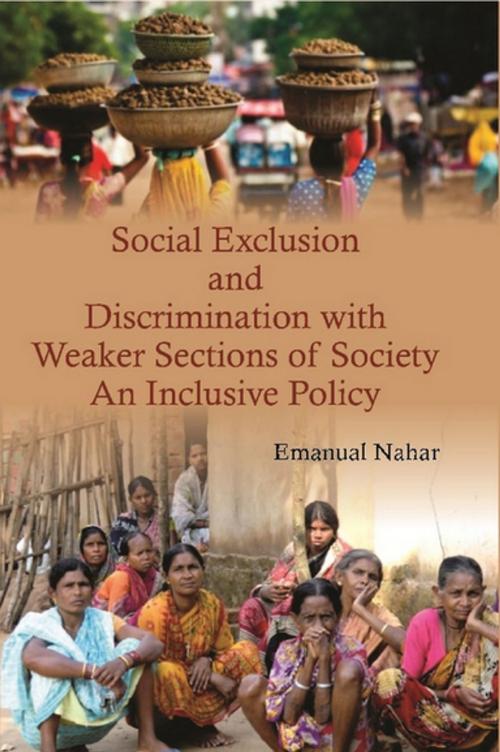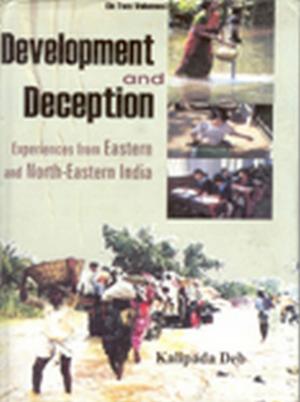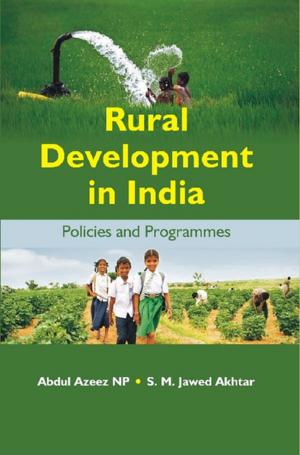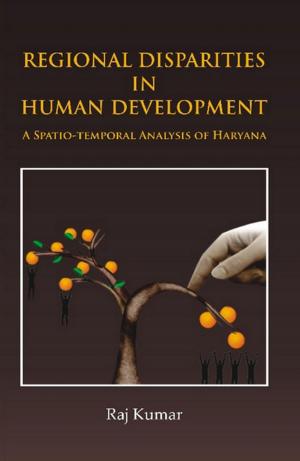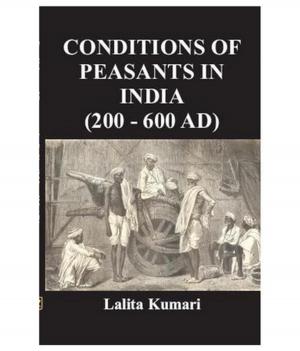Social Exclusion and Discrimination with Weaker Sections of Society
An Inclusive Policy
Nonfiction, Social & Cultural Studies, Social Science| Author: | Emanual Nahar | ISBN: | 9789351289869 |
| Publisher: | Kalpaz Publications | Publication: | June 30, 2016 |
| Imprint: | Kalpaz Publications | Language: | English |
| Author: | Emanual Nahar |
| ISBN: | 9789351289869 |
| Publisher: | Kalpaz Publications |
| Publication: | June 30, 2016 |
| Imprint: | Kalpaz Publications |
| Language: | English |
The processes of exclusion and hierarchy in society, is embedded deeply in the historical, cultural, and social web, especially in the context of India. Excluded groups of the society continue to be the disadvantaged, distressed and vulnerable part of the society. There is need of egalitarian society in today's times. The elimination of social exclusion should be scheduled for democratic India. Therefore, confiscation of forms o f discrimination is the most important assignment to be performed before an inclusive society is reconstructed. This is also the most democratic task of all since it is call to establish a society based on equality: social, political and perhaps economic too. This book focuses on various forms of exclusion and inclusion strategies run by the state to include the communities or groups to the mainstream of society. This book will be useful for readers, research scholars, and academicians interested in Dalit studies, minority studies, social exclusion and Inclusive policy studies.
The processes of exclusion and hierarchy in society, is embedded deeply in the historical, cultural, and social web, especially in the context of India. Excluded groups of the society continue to be the disadvantaged, distressed and vulnerable part of the society. There is need of egalitarian society in today's times. The elimination of social exclusion should be scheduled for democratic India. Therefore, confiscation of forms o f discrimination is the most important assignment to be performed before an inclusive society is reconstructed. This is also the most democratic task of all since it is call to establish a society based on equality: social, political and perhaps economic too. This book focuses on various forms of exclusion and inclusion strategies run by the state to include the communities or groups to the mainstream of society. This book will be useful for readers, research scholars, and academicians interested in Dalit studies, minority studies, social exclusion and Inclusive policy studies.
